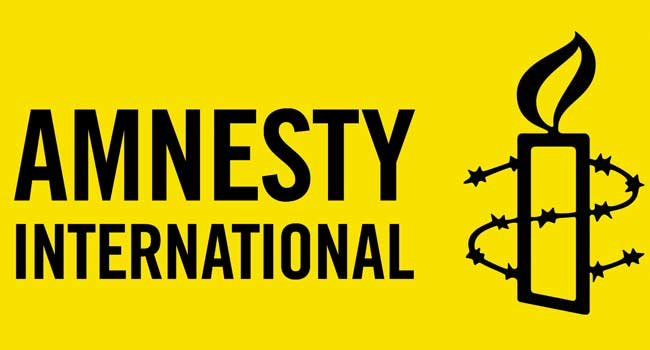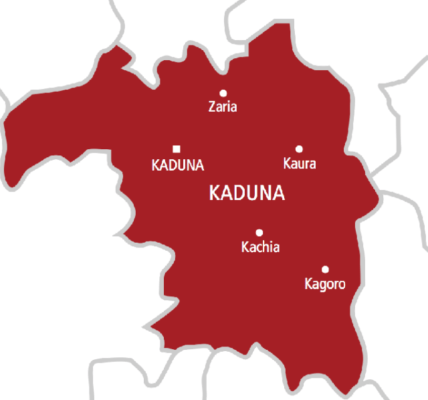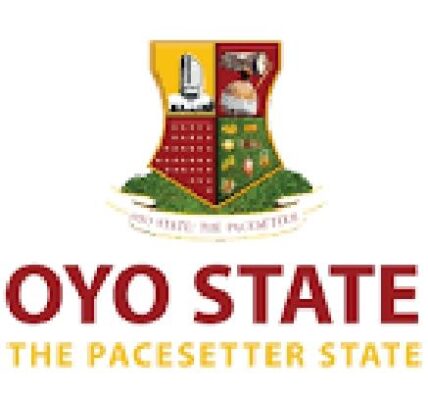This post has already been read 2807 times!
Again, Amnesty International has indicted Nigerian security authorities, insisting that the major failure of authorities with regards to clashes between herders and farmers in Nigeria is the fact that security officials are often aware of impending attacks and reprisals, but they respond in a very slow and insensitive manner.
The Director of Amnesty International in Nigeria, Osai Ojigho, who disclosed this Thursday on Channels Television’s Sunrise Daily, said the authorities’ lacklustre response begs the question of what is being done to ensure that these attacks do not repeat themselves.
“These attacks and reprisals that happen always have early warnings; the securities are always notified, but unfortunately, the responses are always slow.
“You find out that after most of the clashes, villagers say they called for help and ‘nobody came to us,” she stated.
Ojigho’s statement is a follow-up to a recent communique put out by A.l. in which investigations revealed that at least 112 persons have been killed and about 160 kidnapped following bloody attacks in Kaduna and Plateau States within the last one month.
Speaking further on the report which attributed the deaths to failure on the part of Nigerian authorities to live up to their obligation to protect the right to life, Ojigho stated that A.I. was not shocked by the high number of fatalities recorded.
“It wasn’t really shocking in the sense that the organisation has seen this circle of violence erupt from time to time and a few years ago, we released a report looking at the conflicts and clashes between herders and farmers in communities, particularly within the north-central and north-western states.”
Pattern Of Attacks
She, however, noted that it is sad that things have not changed and the authorities seem not to have stepped up their response since the Amnesty International report of 2018.
The country representative for A.I. insisted that the pattern of these attacks is known, adding that the clashes begin from the beginning of the year and become worse in the rainy season when “people should be farming in their communities or are just held up at home”.
When asked how the organisation arrived at the number of deaths reported in its latest statement, Ojigho explained that the process was challenging.
“People report, you must listen and review and validate and corroborate their information,” she said. “Eyewitness statements, statements by the authorities themselves, media reports, government statements.”
According to her, these are all examined, and individuals are placed accordingly to verify if they were indeed within the area of the attacks as many would claim.
She hinted that information from morgues where incidents were reported and documented by sources other than the villagers in the communities, also go a long way.
These data, she explained, will be put together and be meticulously analysed before any document is released to the public.
Ojigho explained that the number of fatalities reported in the A.I. communique was only those that have been verified.
She said the aim of such reports was to bring to the consciousness of the authorities a need for more to be done in ensuring that the citizens were better protected and to forestall further saddening occurrences of such nature.







